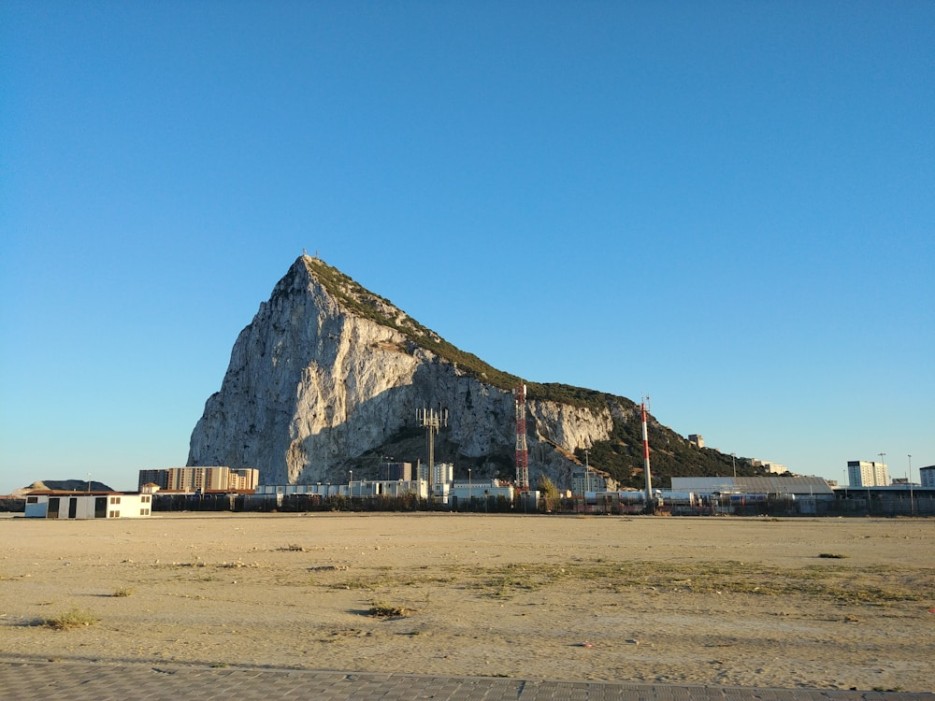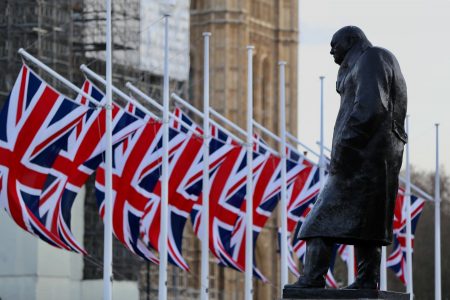
Parliament’s unprecedented Saturday sitting is the first time in 37 years MPs have come together to vote on legislation. In this case, Britain’s Brexit deal with the European Union.
It is the first time Parliament has held a Saturday sitting since April 3, 1982 when the UK was discussing Argentina’s invasion of the Falkland Islands. The previous sitting prior to the Falkland Islands invasion was in 1956 during the Suez crisis, and prior to that in 1949 and in 1939 on the outbreak of World War 2.
Following the failure of Theresa May’s previous deal with the Irish backstop, Boris Johnson’s new deal removes the backstop and ensures that the UK as a whole leaves the EU. Northern Ireland will remain in the UK customs territory while aligning to a limited set of EU rules on goods and there will be no checks at the border between the Republic and Northern Ireland.
After more than 3 years of negotiations, the breakthrough of this new Brexit deal was considered extremely unlikely just a few weeks ago. Boris Johnson’s new deal which the EU have approved, has the full backing of the Republic of Ireland.
However, despite the EU’s approval, the DUP have rejected it and will vote against it later today. This means that the government will need to secure the support of opposition MPs from Labour, the Liberal Democrats or other independents. It is conceivable that the deal could get a majority as the ERG have backed it, and Conservative MPs that are now standing as independents, are going to back it.
The question remains, will there be enough Labour MPs to get the bill passed? The numbers are very tight, with estimates ranging from a majority margin of between 1 and 4 votes. If the Brexit deal is rejected, the EU have signalled that there will be no Brexit extension even if the UK requests an extension of Article 50.




